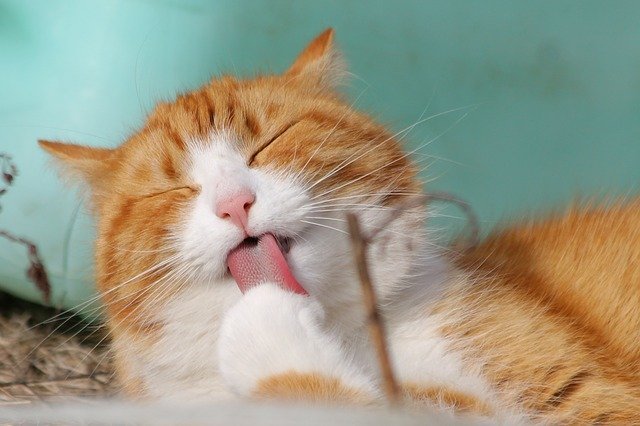
In a new study, researchers reported that tests of the new coronavirus on domesticated cats, dogs, pigs, chickens, ducks, and ferrets found that both cats and ferrets are highly susceptible to the virus.
Cats can become infected through airborne transmission. Dogs, however, have a very low susceptibility to the virus. Susceptibility means that a virus is able to enter a cell.
The specialists in veterinary medicine stressed that the study included very small numbers of cats and dogs, which were injected with much higher levels of the new coronavirus than they would likely encounter in the natural world.
They also said it is highly unlikely that a person would become infected from a pet.
The research was conducted by a team in China.
The new paper follows a scattering of reports of animals becoming infected with the new coronavirus.
Less than a week ago the Bronx Zoo announced that a 4-year-old Malayan tiger, named Nadia, tested positive for COVID-19.
A separate Chinese study reported that after the outbreak began in Wuhan, 14% of cats in the area were found to have antibodies for the virus.
In Hong Kong, a recent study examined 17 dogs and eight cats taken from households where a human had become sick with COVID-19 or had come in close contact with a confirmed patient.
In that group, two dogs tested positive, though one was deemed to be “a weak” positive. The cats were not positive at the most recent testing.
A much larger report by a major veterinary laboratory, IDEXX, involved more than 4000 samples taken from dogs, cats and horses. None of the animals showed any evidence of the new coronavirus.
The samples were collected from animals in the U.S. and South Korea during a four-week period, starting on Feb. 14.
Researchers recommended steps people can take to reduce the small risk of the virus passing between people and their pets.
People who have COVID-19 should probably keep the pet in another part of the house and have another person in the household care for it.
If there is no one else to care for the pet, the infected person should wear a mask when caring for the pet and wash their hands before and after feeding the animal. She also advised people not to allow a pet to lick them in the mouth.
If pet owners are quarantining themselves, they should also quarantine their cats inside.
The study is published in the journal Science.
Copyright © 2020 Knowridge Science Report. All rights reserved.



